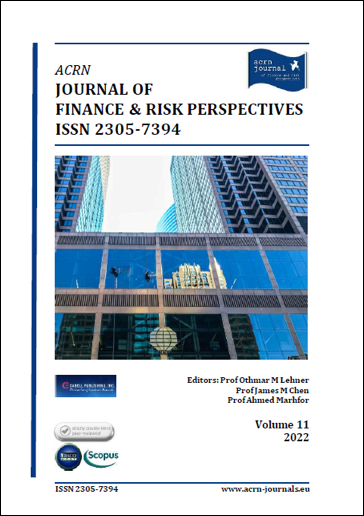
Emile David Hövel 1, Matthias Gehrke 2
1 Universidad Católica San Antonio de Murcia, Spain
2 FOM University of Applied Sciences, Germany
Abstract
Capital market research usually focuses on the investment decision of a risk-averse investor, who determines the relationship between risky assets and risk-free investment. Furthermore, numerous capital market models assume normally distributed security returns and rational investors. In this framework, ex-ante investment decisions depend solely on the expected return, risk of investment opportunities, and investor risk affinity. For decades, empirical research findings have criticized this idealized framework. New risk factors were empirically confirmed and established. This study attempts to shed light on this issue. A comparative analysis considers the Fama-French and Carhart factors and a principal component analysis based sentiment-risk factor considering 76 sentiment indicators to examine the possible explanatory contribution to German stock market returns.
Keywords: Stock Market Returns, Risk Management, Behavioral Finance, Investor Sentiment, Germany
Back to Volume 11